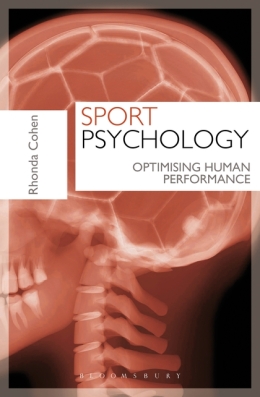Dr. Rhonda Cohen and the London Sport Institute at Middlesex University
 Sunday, March 23, 2014 at 5:14PM
Sunday, March 23, 2014 at 5:14PM Dr Rhonda Cohen on how Middlesex and Sarcens rugby club are undertaking research to enhance skills performance and prevent injuries to players.
 allianz park,
allianz park,  biomechanics lab,
biomechanics lab,  dexter scanner,
dexter scanner,  head of the london sport institute,
head of the london sport institute,  high performance centre,
high performance centre,  london sport institute,
london sport institute,  middlesex university,
middlesex university,  middlesex university sport psychology,
middlesex university sport psychology,  performance analysis,
performance analysis,  rhonda cohen,
rhonda cohen,  saracens,
saracens,  sport physiology in
sport physiology in  High risk,
High risk,  Middlesex university,
Middlesex university,  Psychology of Drag Racing,
Psychology of Drag Racing,  Psychology of Extreme Sport,
Psychology of Extreme Sport,  Sport Addiction,
Sport Addiction,  Sport Psychology,
Sport Psychology,  Sport and Exercise Psychology,
Sport and Exercise Psychology,  Sport medicine,
Sport medicine,  Sport psychologist,
Sport psychologist,  Sport psychology programmes,
Sport psychology programmes,  exercise psychology,
exercise psychology,  london sport institute,
london sport institute,  manchester united match psychology,
manchester united match psychology,  match psychology,
match psychology,  nigel wray,
nigel wray,  olympic sport psychologist,
olympic sport psychologist,  olympics psychologist,
olympics psychologist,  olympics psychology,
olympics psychology,  premier league psychologist,
premier league psychologist,  psychology of base jumping,
psychology of base jumping,  psychology of football,
psychology of football,  psychology of rappelling,
psychology of rappelling,  rhonda cohen bases,
rhonda cohen bases,  rhonda cohen bps,
rhonda cohen bps,  skiing psychologist,
skiing psychologist,  soccer psychologist,
soccer psychologist,  soccer psychology,
soccer psychology,  sochi sport psycologist,
sochi sport psycologist,  sport & exercise psychologist,
sport & exercise psychologist,  sport psychology in the olympics,
sport psychology in the olympics,  sport psychology olympics,
sport psychology olympics,  sports psychologist,
sports psychologist,  television sport psychologist,
television sport psychologist,  tottenham hotspur,
tottenham hotspur,  using psychology in football,
using psychology in football,  winning at football,
winning at football,  winter olympics psychologist,
winter olympics psychologist,  winter olympics sport psychologist,
winter olympics sport psychologist,  winter sport psychologist
winter sport psychologist 